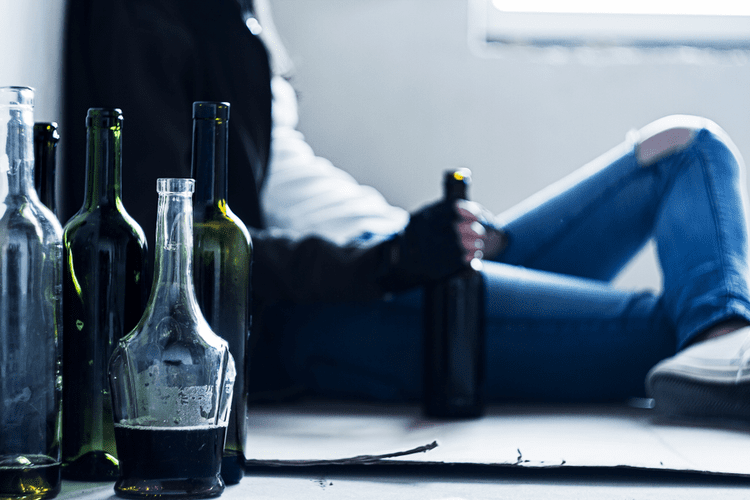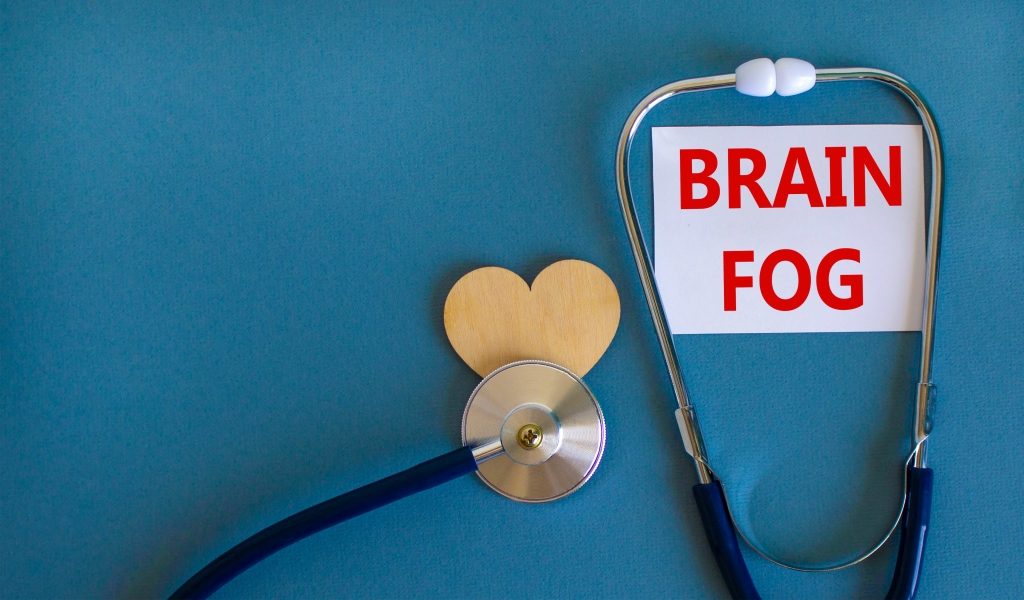Sober living
The 30+ Best Rap Songs About Drugs, Ranked By Fans
This song serves as a stark reminder that addiction is a battle, but recovery is possible with determination and support. Since then, he decided to stop taking the drug entirely, get addiction treatment, and commit to a life of sobriety. It wasn’t until meeting an AIDS patient, Ryan White, in the 1980s that he changed his perspective and started working on becoming sober. Regrettably, despite her efforts towards recovery, the iconic rappers with drug addictions Grammy winner fell victim to an accidental alcohol poisoning that led to her untimely demise on July 23, 2011.
How Much Does Inpatient Drug Rehab Cost: Guide for Families and Patients
- Understanding the overview of drug addiction among rappers and the contributing factors is essential in addressing this issue.
- In an appearance on Drink Champs, Vince expressed that he never wanted to get caught with drugs and always wanted to stay alert when growing up in an area filled with gang violence.
- Their journey to sobriety showcases their strength and resilience, proving that recovery is possible even in the face of adversity.
- Several other rappers, from Macklemore to Kendrick Lamar, have relayed the dangers of drug abuse through song.
Alcohol recovery involves setting goals, building routines, creating a support system, practicing self-care, and managing triggers to maintain lasting sobriety and well-being. In May, DEA Administrator Anne Milgram addressed the public safety issue of the deadly drug surge. In 2020, only 6.5 percent of people with substance abuse disorders received treatment. African American and Native American people had the highest rates of fatal overdoses in 2021. Not that he’s totally out of the red zone (he recently had to close down a bunch of fast-food chicken restaurants), but at least he’s no longer battling an addiction to crack.
- Additionally, for years, the rapper was seen on many different occasions taking the purple drink.
- This section highlights some case studies of rappers who have battled drug addiction and explores the public awareness and reactions surrounding these struggles.
- Their resilience and dedication to overcoming their drug dependencies serve as powerful reminders that recovery is possible.
- Baatin, born Titus Glover, was a member of Detroit rap group Slum Village.
- In 2017 that epidemic was declared a national public health emergency, with over 47,000 opioid-related overdose deaths reported.
- It was a deeply personal album that separated him from his Slim Shady alter ego.
The Impact of Drug Addiction on Rappers’ Lives and Careers

Macklemore’s journey to sobriety has been marked by personal growth and resilience, and he continues to be a source of what is Oxford House inspiration for others facing similar challenges. Eminem, also known as Marshall Mathers, is a highly regarded rapper who openly shares his struggles with drug addiction. He battled with substance abuse, particularly addiction to prescription medications.

Notable Rappers Struggling with Drug Addiction
Rumors of drug abuse started when he nodded off and slept (a symptom of drug use) during his Instagram Live. Following the controversy, he took the initiative to enter rehab, but unfortunately, his recovery appeared short-lived when a viral video captured him clearly under the influence. From being sexually abused when he was 4 to having problems with substance abuse, the Oscar nominee had a lot of baggage on his plate. Take it from the legendary rapper Snoop Dogg, who began smoking cannabis at the start of his career.
The dark reality of drug addiction among rappers has far-reaching consequences beyond the individual’s personal life. It extends to health risks, legal issues, and impacts on fans, especially young listeners. Understanding the overview of drug addiction among rappers and the contributing factors is essential in addressing this issue. By acknowledging the challenges faced by rappers and the unique dynamics within the industry, steps can be taken to provide support, education, and resources to those struggling with drug addiction.

DMX (Earl Simmons):
It not only affects the lives of the rappers themselves but also resonates deeply within the culture and content of the genre. Despite this, African-Americans, who account for the majority of mainstream rap artists, largely do not seek treatment. This may be due to socio-economic factors or distrust of the U.S. health care system. More artists have opened up about mental illness, which often co-occurs with addiction. Mainstream rappers have spoken candidly about topics such as anxiety and depression to raise awareness and eliminate stigma.
